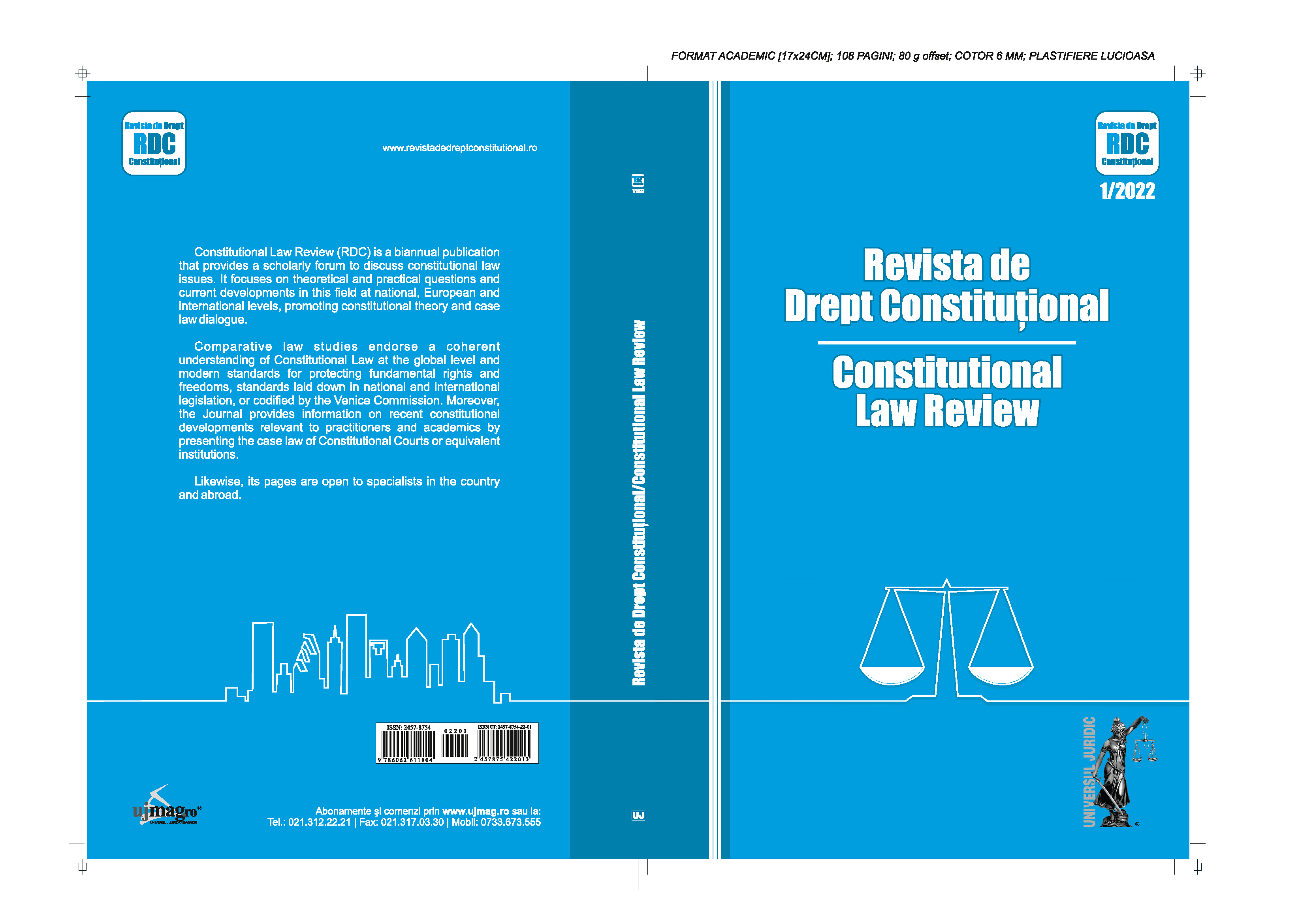Right to privacy as a fundamental right – extension of article 21 of the indian constitution?
Right to privacy as a fundamental right – extension of article 21 of the indian constitution?
Author(s): Pragyanshu GautamSubject(s): Law, Constitution, Jurisprudence, Constitutional Law, Civil Law, Human Rights and Humanitarian Law
Published by: Universul Juridic
Keywords: Right to Privacy; Fundamental Right; UDHR; ICCPR;
Summary/Abstract: Since the early 1963 to late 2017, the Supreme Court of India (“SCI”) has implied the right to privacy from Article 21 of the Indian Constitution. The view to expand the scope of right to life and personal liberty has been observed in several leading judgments, creating the subsets such as sexual harrashment at workplace, right of a woman to abort, recently informational privacy and so forth of this Fundamental Right. In taking consideration of all the matters in the preceding judgments, in 1997, the People’s Union Of Civil Liberties (PUCL) v. Union Of India (hereinafter referred to as the “PUCL Case”), the court stated the right to privacy could be curtailed except according to procedure established by law. However, in the historic judgment of Justice KS Puttaswamy (Retd) v. UOI (hereinafter referred to as the “KS Puttaswamy Case”) the SCI held that the right to privacy is protected as an intrinsic part of the right to life and personal liberty and subsequently added the certain rights in extension of Article 21 of the Indian Constitution.
Journal: Revista de Drept Constituțional
- Issue Year: 2022
- Issue No: 01
- Page Range: 95-98
- Page Count: 4
- Language: English
- Content File-PDF

